
Dr Judd Moul and colleagues discuss best practices for monitoring patients with prostate cancer after definitive therapy.

Your AI-Trained Oncology Knowledge Connection!

Member, Genitourinary Cancers Editorial Board
James H. Semans, MD, Distinguished Professor of Urologic Surgery
Professor of Surgery
Professor in Anesthesiology
Duke University School of Medicine
Durham, NC
Judd W. Moul, MD, is a retired colonel and a noted researcher and clinician in prostate cancer and is a urologic oncologist. He served as the division chief of Duke Division of Urology from 2004 to 2011 and was named the James H. Semans MD Professor of surgery in 2009 becoming Duke's first named endowed chair for urology. Moul has served as the Editor for Prostate Cancer and Prostatic Disease, a Nature Medicine journal, for more than a decade and is a popular speaker and lecturer having been visiting professor and keynote speaker throughout the US and the World.

Dr Judd Moul and colleagues discuss best practices for monitoring patients with prostate cancer after definitive therapy.
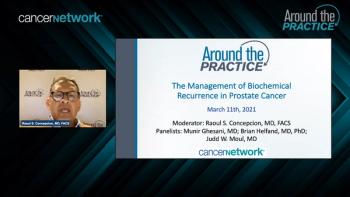
Dr Raoul Concepcion leads a panel of experts in prostate cancer in setting the stage for case-based discussions of biochemical recurrence.
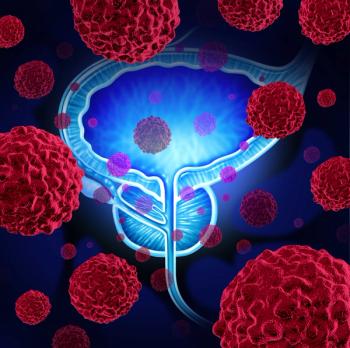
The Duke Cancer Institute expert discusses the possible impact and ramifications of delays in cancer screening and diagnosis due to the COVID-19 pandemic.
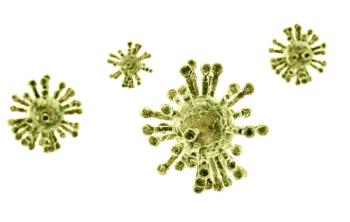
The prostate cancer expert discussed guidelines that he and his colleagues culminated for triaging patients with prostate cancer during the COVID-19 pandemic.

In this video, Dr. Judd Moul discusses disparities in prostate cancer screening among African-American men, and the need for more research in this area.

Most men with clinically important localized prostate cancer deserve first-line open or robotic radical prostatectomy.

Sexual and urinary morbidities resulting from treatment of pelvic malignancies are common. Awareness of these complications is critical in order to properly counsel patients regarding potential side effects and to facilitate prompt diagnosis and management.
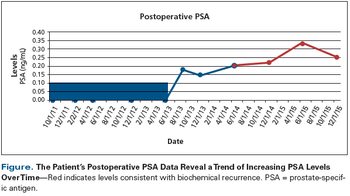
A 66-year-old Caucasian man with a history of hypertension, hyperlipidemia, and rheumatoid arthritis was diagnosed with prostate cancer.
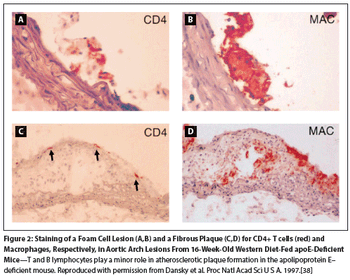
This article reviews recent evidence suggesting an increased risk of pneumonia, cardiovascular disease, and acute kidney injury in men treated with ADT and consider whether the incidence of such events differs with the treatment modality.

This is an exciting time for physicians who care for patients with advanced prostate cancer, and more importantly a time of heightened optimism for these men and their families.